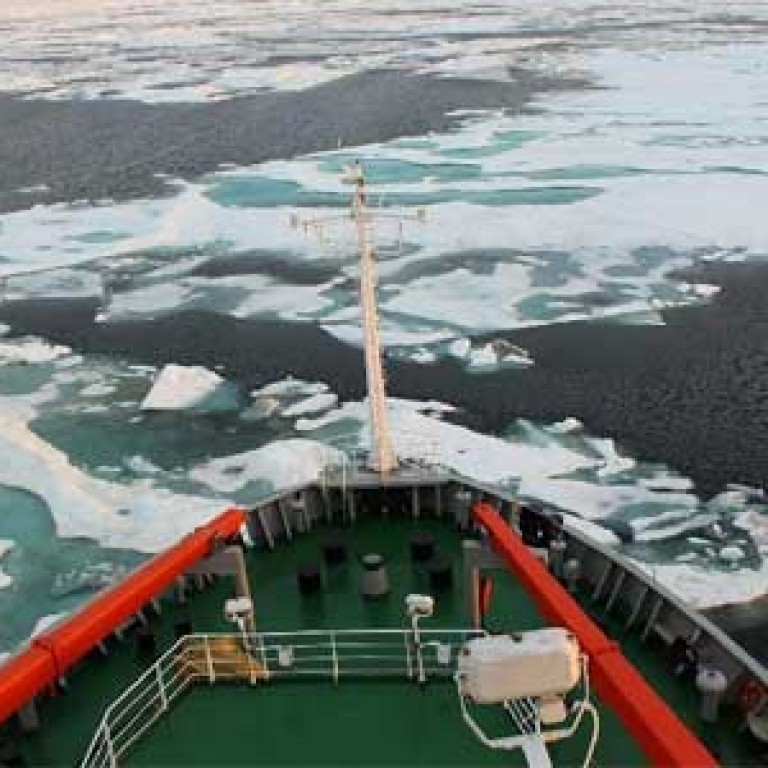
Chinese shipping firm COSCO plans to launch services to Europe through Arctic Northeast Passage, saving days in travel time
China’s biggest shipping company COSCO intends to launch regular services through the Arctic Ocean to Europe, a spokeswoman said on Tuesday, as global warming makes the route viable and Beijing steps up its northern ambitions.
The state-owned industry giant has only twice sent a vessel through the Northeast Passage, once in 2013 and again in a voyage completed this month, state media reported.
The European Union is China’s biggest trading partner and sailing via the Arctic rather than the Indian Ocean would cut shipping times by as much as nine days, according to previous reports.
READ MORE: Blueprint called for on China's ambitions in Arctic and Antarctic
“There is an intention to open a regular line in the future and people are discussing it,” a spokeswoman for group subsidiary COSCO Container Lines said, without giving a specific timetable.
Her comments came after the state-run Xinhua news agency reported on Monday that Chinese experts and officials had hailed the route as a “golden waterway” for trade.
COSCO released a statement saying the company would “continue to promote normalisation of operations for the Arctic’s Northeast Passage”.
Earlier this month COSCO’s Yong Sheng merchant ship completed a 55-day round-trip voyage between China and Europe using the Northeast Passage, Xinhua said.
The same vessel carried out the firm’s maiden journey on the route two years ago.
China does not border the Arctic and has no territorial claim to any of it, but joined the Arctic Council as an observer two years ago.
READ MORE: China seeks greater influence in Arctic region
Observers say Beijing recognises the area’s potential for scientific research and its strategic value.
“With global warming and accelerated ice melting in the Arctic, summer voyages in the Northeast and Northwest Passages in the Arctic have become possible, with commercial development and environmental protection issues attracting the constant attention of international society,” COSCO said.

.png?itok=arIb17P0)